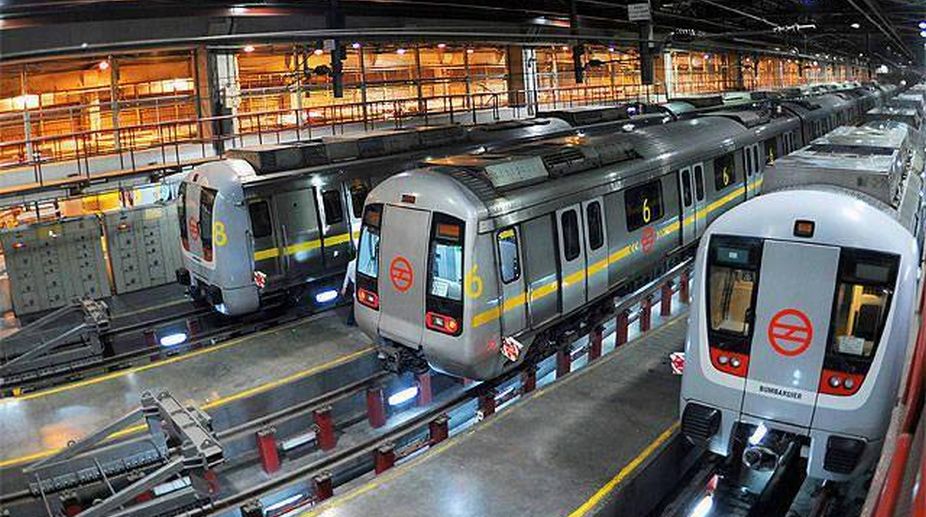Delhi Metro services to commence at 2.30 pm on Holi
The Delhi Metro Rail Corporation (DMRC) said on Tuesday that the metro train services would commence at 2.30 pm from terminal stations on all lines on March 14 on account of Holi.

Delhi metro (Photo: Facebook)
DMRC is keen on extending its cooperation with Japanese government funding agency JICA for its Phase IV expansion, under which six new corridors spanning around 103 km will be built at a cost of around Rs.50,000 crore.
Delhi Metro Rail Corporation (DMRC) shares an over two- decade-long association with JICA. The lion's share of funding of Metro's Phase I, II and the upcoming Phase III project has come from it.
Advertisement
"We believe that they (JICA) will support Phase IV. There has been a very good sort of understanding and working relationship between JICA and DMRC. We hope that it will continue," DMRC Managing Director Mangu Singh said.
Advertisement
Earlier, the Chief Representative of Japan International Cooperation Agency (JICA) India office Takema Sakamoto had confirmed that the organisation was in talks with DMRC over its future projects.
A senior metro official said the funding roadmap of Phase IV has not been chalked out yet. The Centre acts as a liaison in getting the loan, the official said.
The proposed Phase IV corridors are Rithala – Narela (21.73 km), Inderlok Indraprastha (12.58 km), Tughlakabad Aerocity (20.20 km), Lajpat Nagar Saket G-Block (7.96 km), Janakpuri (west) – RK Ashram (28.92 km) and Mukundpur-Maujpur (12.54 km).
The third phase of the DMRC is being supported by JICA with a 48.57 per cent loan. The estimated cost of the project is Rs.41,079 crore.
The loan comes at a concessional rate of 1.4 per cent and carries a repayment period of 30 years with a grace period of 10 years.
The first two phases had JICA's shares at 60 per cent and 54.47 per cent respectively which were built at a cost of Rs.10,571 and Rs.18,783 respectively.
In all the cases, the rest of the amount came in the form of Centre and state government equities (equal share), interest free subordinate debt towards land cost and property development among others.
Advertisement